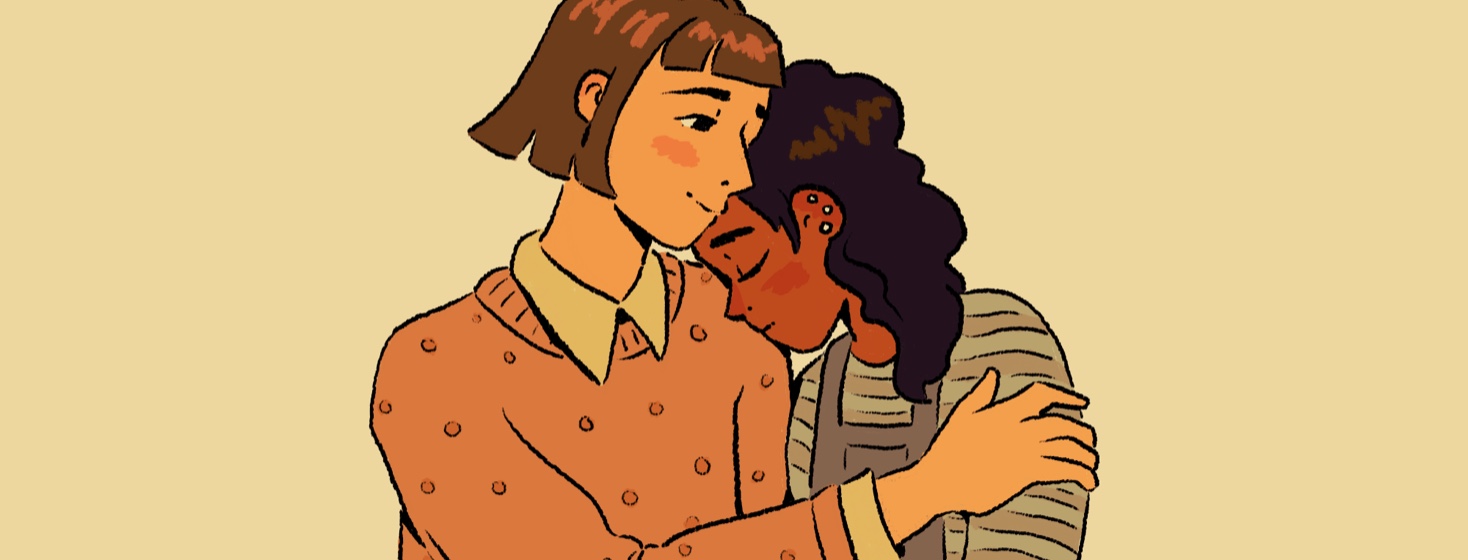Accompany Your Loved One on Their Treatment Journey
There isn’t currently a be-all and end-all cure for endometriosis, but there are numerous treatment options someone with the condition can choose to help their pain, fertility, or other symptoms.
These treatment journeys can be rocky, slow, and overwhelming. They are also quite lonely paths that can lead to your loved one feeling isolated and alone.
So to help avoid this, it’s important we share this journey with those in our lives with endo and make the journey a little more manageable for them.
Be a supportive partner at home
Surgery is a common option for people with endo. Usually this will be a laparoscopy to diagnose and remove any endometriosis lesions. Post-operation, your loved one may have difficulty getting around, going to work, and just feeling generally unwell.
To help support them during this time, try to take some time off work. Be around the house while they recover, to get things for them, and keep them company.
If you can’t, see if anyone else can be around. Surgery is not only physically draining but also mentally. You can keep your loved one’s spirits high and keep them company while they recover.
Support them with any with diet changes
Perhaps your partner is making dietary choices to help with their endometriosis symptoms. It may be a small change like reducing gluten intake or a more drastic change such as a diet protocol recommended by a specialist.
Whatever the changes are, limiting the foods you can eat can be isolating and can make socializing difficult. Make sure you don’t leave your loved one out at this time because they can’t eat with you.
Instead, see if there are dietary adjustments you can make to accommodate them. You could let people in your social circle know of the changes so that your partner doesn’t have to constantly answer questions or have to explain why they are choosing not to eat something. You may also learn to cook new foods, or be open to experimenting with new recipes and exploring how you can make their restricted diet more exciting.
Help reduce their stress
Lifestyle changes can also address endometriosis symptoms. Your partner may change their work schedule, have their children be looked after by someone else from time to time, or do less housework.
Stress is inflammatory, and reducing the workload of someone with endometriosis can effectively address some of the inflammation-related symptoms. You can support this by taking on more responsibilities around the house or with childcare, grocery shopping more often, etc.
Be there with them while they recover
Like diet, lifestyle changes are also isolating. Your loved one may want to socialize less to rest and recuperate, and if this is their choice, try not to leave them alone in favor of going out all the time. It’s important to show you are there to support them and that you are a part of their journey.
Finally, treatments can cost a lot of money. I’m speaking from the UK here, so I don’t know how this relates to health care in other parts of the world, but the NHS does not cover many treatments. This may include so-called alternative therapies or seeing a health coach specializing in endometriosis.
As this isn’t free, this adds a financial burden to the person with endo. You can support them in this by helping out financially where you can. It can be as large as working more so they can work less, or as small as paying for the coffee more often. Finances are a big issue in the endometriosis community as many people cannot work full time because of their symptoms, so this is a helpful place to support your loved one.
Make sure to take care of yourself
With all the suggestions above, it’s important that you look out for your own health and security. If you burn out or struggle financially, you will be no help to your partner, let alone yourself, because you have taken on too much responsibility.
The idea here is to make lives easier, not harder, so be mindful of how you are doing as well.
Whatever path your loved one with endometriosis chooses to go down to manage their condition, they shouldn't go down it alone, so try to go down it with them.

Join the conversation